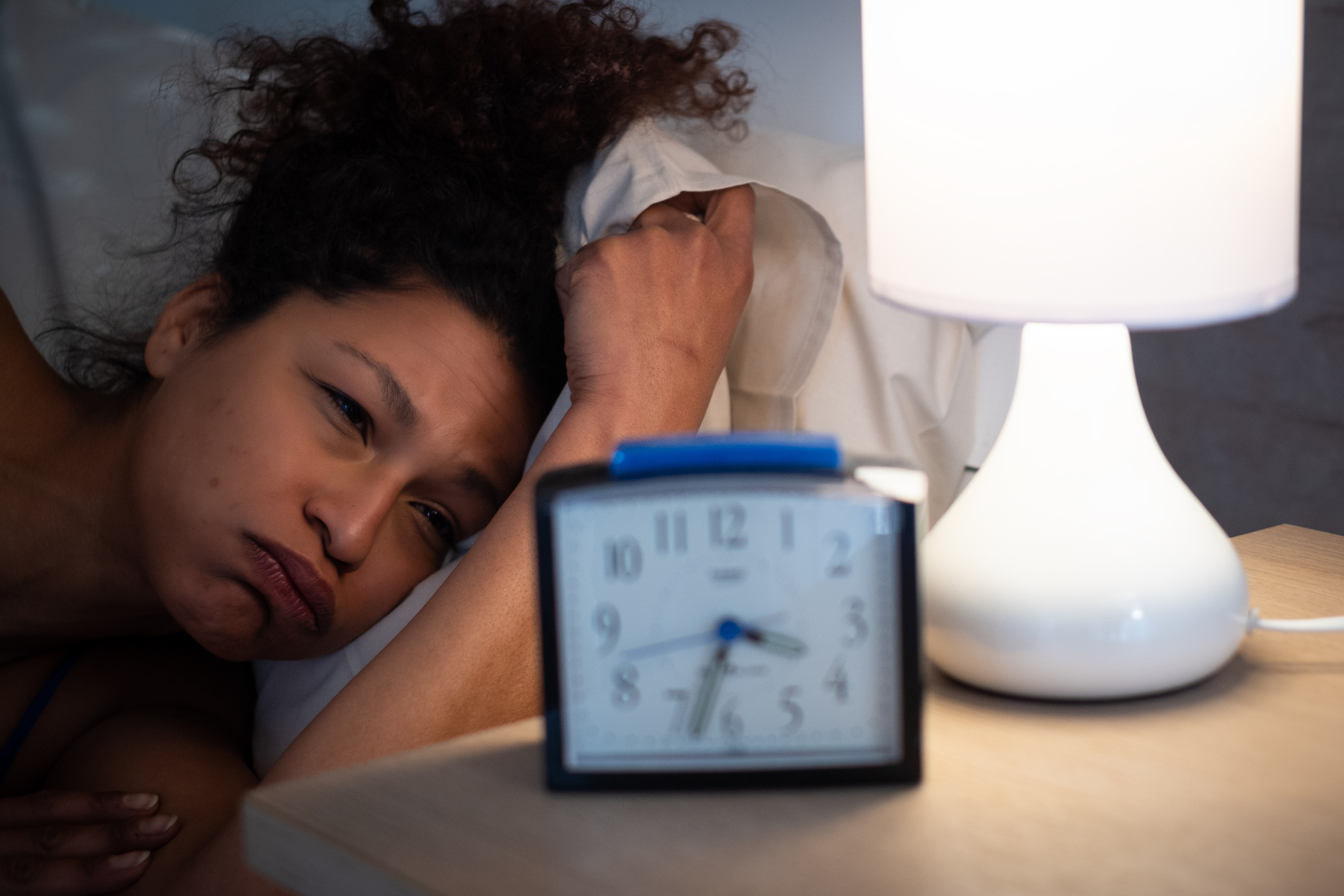

Key Takeaways
- Between 30% and 85% of individuals with psoriatic arthritis (PsA) report difficulties with sleeping.
- PsA patients who experience more tender or swollen joints, as well as those with higher erythrocyte sedimentation rates, are more prone to experiencing sleep problems.
- Sleep apnea may be responsible for sleep issues in some cases, although it is not a factor for everyone.
Insomnia, or trouble sleeping, is very common. Approximately one in three adults experience symptoms of insomnia, and around 10 percent have chronic sleep problems that meet the criteria for an insomnia disorder. Multiple factors contribute to insomnia, including stress, dietary factors, irregular sleep schedules, physiological pain, mental health conditions like depression and anxiety, and medication side effects s.
For people with psoriatic arthritis (PsA), several of these issues may converge, which could explain the high prevalence of sleep difficulties within this group. According to recent research published in the Journal of Rheumatology, between 30 percent to 85 percent of people with PsA report having trouble sleeping.
The study, which involved a review and meta-analysis, examined 36 previous studies and conducted a more detailed investigation of six studies that utilized the Pittsburgh Sleep Quality Index (PSQI).
The PSQI relies on patients to self-report their sleep habits and challenges. It includes questions about the frequency of difficulties falling asleep within 30 minutes, nocturnal awakenings, and experiences of breathing problems or snoring.
The analysis of the six studies using PSQI revealed that nearly 73 percent of PsA patients have poor-quality sleep, which includes disturbances during the night and waking up in the morning feeling inadequately rested.
Understanding Insomnia and Psoriatic Arthritis
One of these studies found that obstructive sleep apnea was common among people with PsA, and that those who had PsA were more apt to report sleep trouble. Sleep apnea occurs when your airway gets narrowed as you’re sleeping, leading to interruptions in breathing for 10 to 30 seconds at a time. Your partner may hear loud snoring with pauses. This cycle can happen hundreds of times over the course of a night, depriving your brain of some oxygen and resulting in a lot of fatigue during the day. Sleep apnea can also make you more prone to heart disease, diabetes, and other serious health problems.
However, it is important to note that not all individuals with PsA who experience sleep troubles have sleep apnea. Physical discomfort is another significant factor. The study reported that those with sleep difficulties were more likely to have higher pain scores, increased tenderness and swelling in their joints, and higher erythrocyte sedimentation rates (ESR), indicating elevated levels of inflammation.
It’s well-known that people with pain-related conditions often struggle with sleep. Pain tends to be more noticeable at night when distractions are minimized. Additionally, inflammatory chemicals may pool in joint fluid while you’re sleeping, and cortisol (which helps combat inflammation) is typically lower at night.
While certain arthritis medications, such as corticosteroids, can interfere with sleep, other drugs commonly used for PsA are more likely to help patients achieve better rest. The research found that individuals using tumor necrosis factor (TNF) inhibitors or Janus kinase (JAK) inhibitors were less likely to experience insomnia.
This research found that anxiety and depression were also more common among those with sleep trouble.
What This Means for You
If you’ve been struggling with sleep problems, it’s a good idea to discuss it with your doctor. They can help you identify the potential causes and provide suitable solutions, including home remedies. For instance, if PsA is affecting your fingers, using compression gloves while sleeping may help. Additionally, trying out a different pillow or an adjustable mattress could relieve any neck or back discomfort that might be interfering with your sleep. By taking steps to address your sleep issues, you can improve your overall health and well-being.
Be a More Proactive Patient with ArthritisPower
ArthritisPower is a patient-led, patient-centered research registry for joint, bone, and inflammatory skin conditions. You can participate in voluntary research studies about your health conditions and use the app to track your symptoms, disease activity, and medications — and share with your doctor. Learn more and sign up here.





